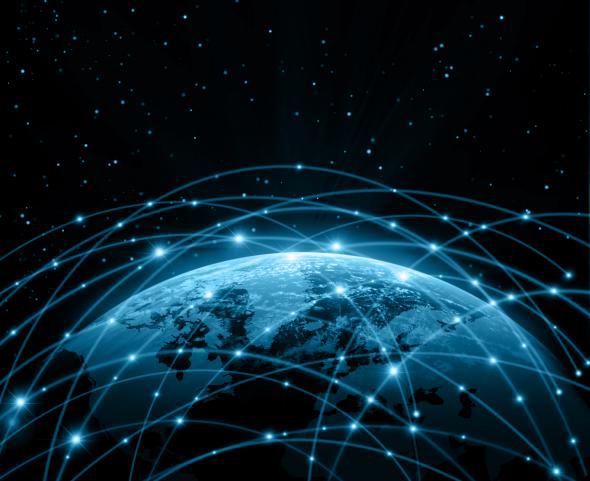Greetings, Future Tensers,
If you take one thing away from your time with us, we hope it’s this: The Internet isn’t “ours,” regardless of what Donald Trump—who keeps insisting that we should somehow knock ISIS offline—and other politicians propose on the campaign trail and the debate stage. What’s more, even if we could somehow cut terrorists off, it’s not clear that it would be effective, or ethical, to do so. As Tricia Wang warns, even attempts to ban terrorists from social media may lead to “mission creep,” threatening the anonymity and safety of everyone on the Internet. Unsurprisingly, many of these proposals are being made by people with little understanding of the way the Internet really works, as a troubling recent Kazakhstani cybersecurity initiative shows. At a time when intelligence agencies aim to charm the people they spy on with brainteasers, confronting these issues remains more important than ever.
That said, the news hasn’t been entirely bad this week. Though the climate negotiations in Paris sometimes resembled a video game, world leaders ultimately agreed to a surprisingly sweeping set of accords. To make good on them, however, we may have to explore controversial geoengineering technologies, especially if we hope to maintain what Alex Trembath calls the “upwinger” position on climate change. Trembath describes this as a political position—one unique to neither the left nor the right—that maintains a belief in the promise of progress. For an example of the other pole, that of what Trembath calls “downwingers,” you could look to the false stories circulating about a North Carolina town that allegedly rejected solar panels for fear that they would “suck up the sun”—stories that Eric Holthaus has helpfully disproven.
Here are some of the other stories that had us wondering whether it’s possible to save humans from themselves:
- Neuroethics: Geoffrey Holtzman explored the introduction of brain science (and brain pseudoscience) into courtrooms through a story of 19th-century phrenology.
- Algorithms: ASU English professor Ed Finn discussed the algorithmic hunger for data, that “thickening layer of computation” shaping the ways we live today.
- Artificial intelligence: In his ongoing quest to make our robot future less scary, Elon Musk is gathering deep learning experts to his nonprofit startup OpenAI.
- Science fiction: Watching the SyFy miniseries adaptation of Childhood’s End, Rebecca Onion found its presentation of paternalistic aliens too glib. Meanwhile, Joelle Renstrom discussed the Childhood’s End aliens’ decision to block humans from scientific exploration.
Jacob Brogan
for Future Tense
P.S. With the holidays closer than any of us would like, it’s a perfect time to purchase Slate Plus memberships for your loved ones. But, then again, it’s always a perfect time to purchase a Slate Plus membership. Get ‘em here.
